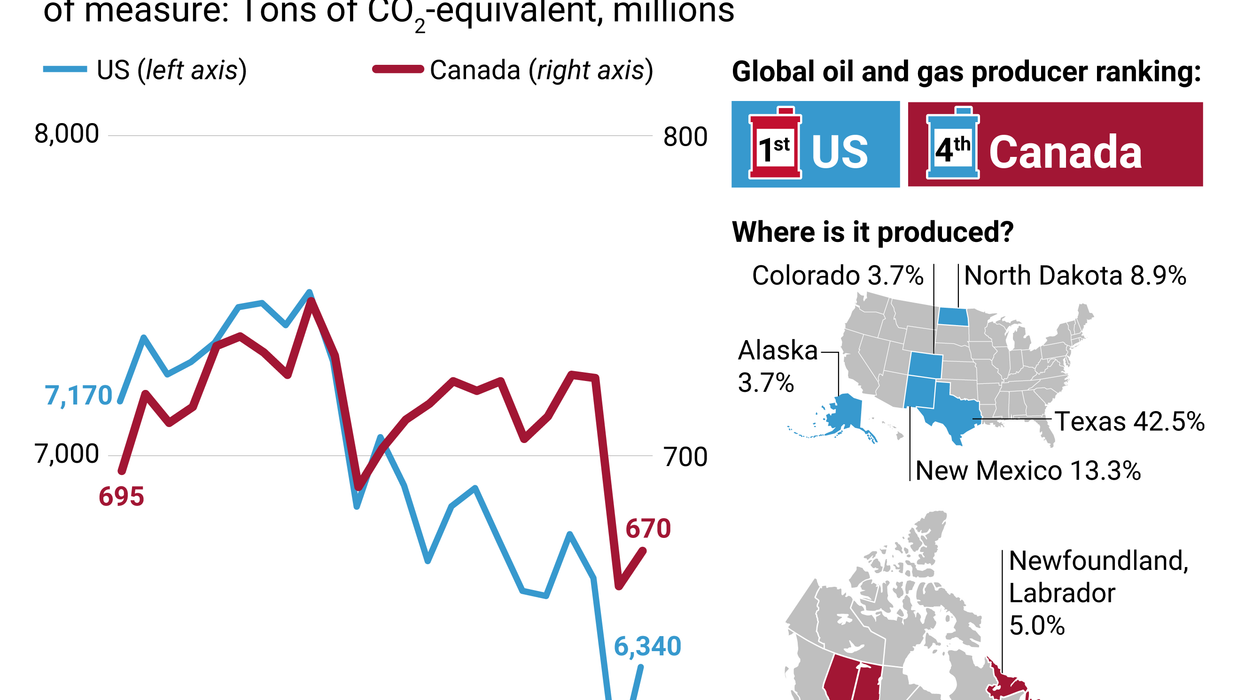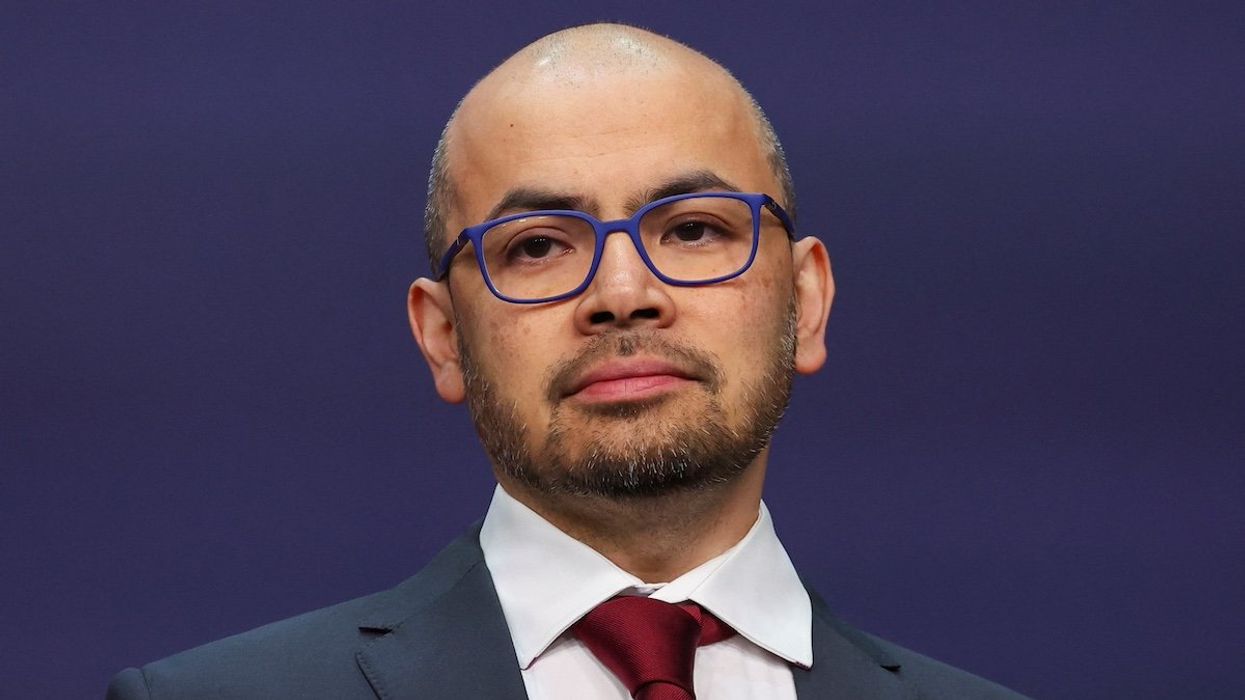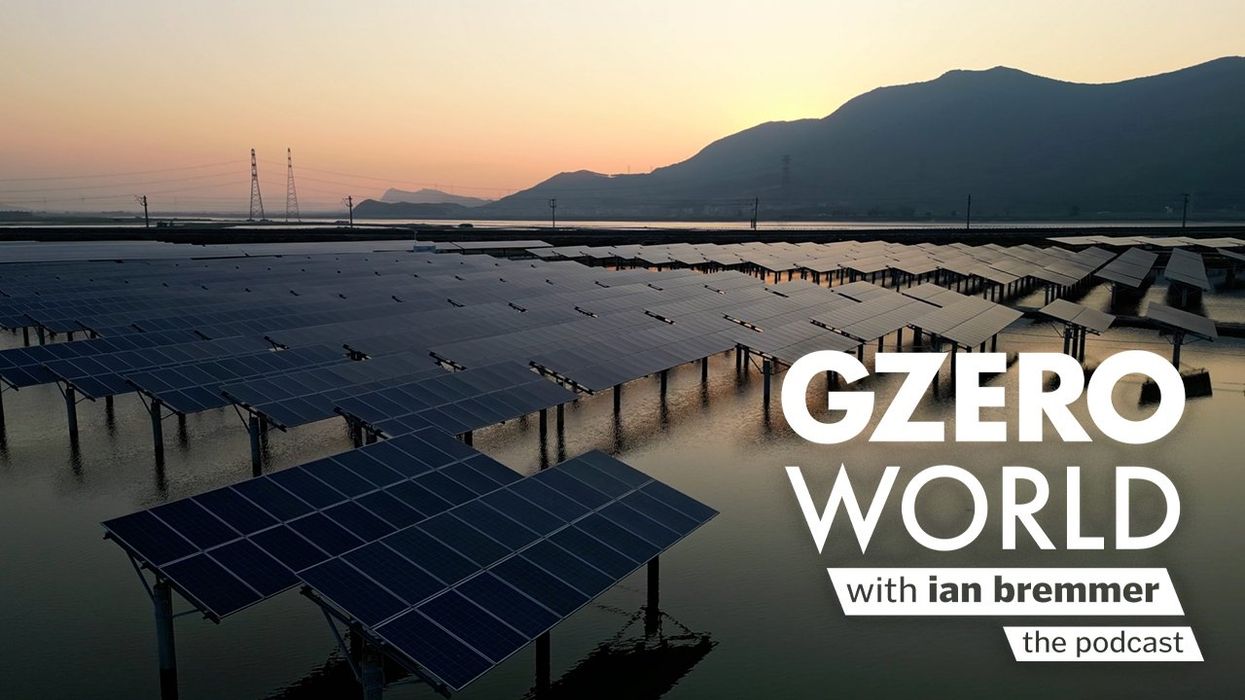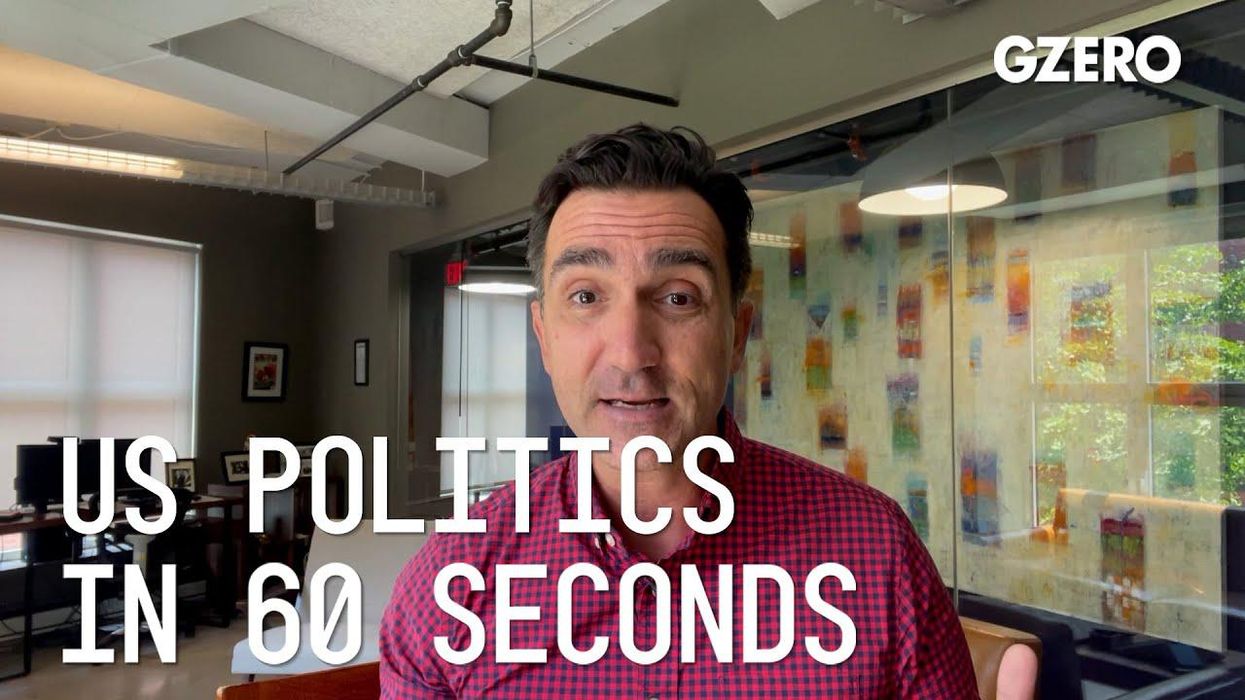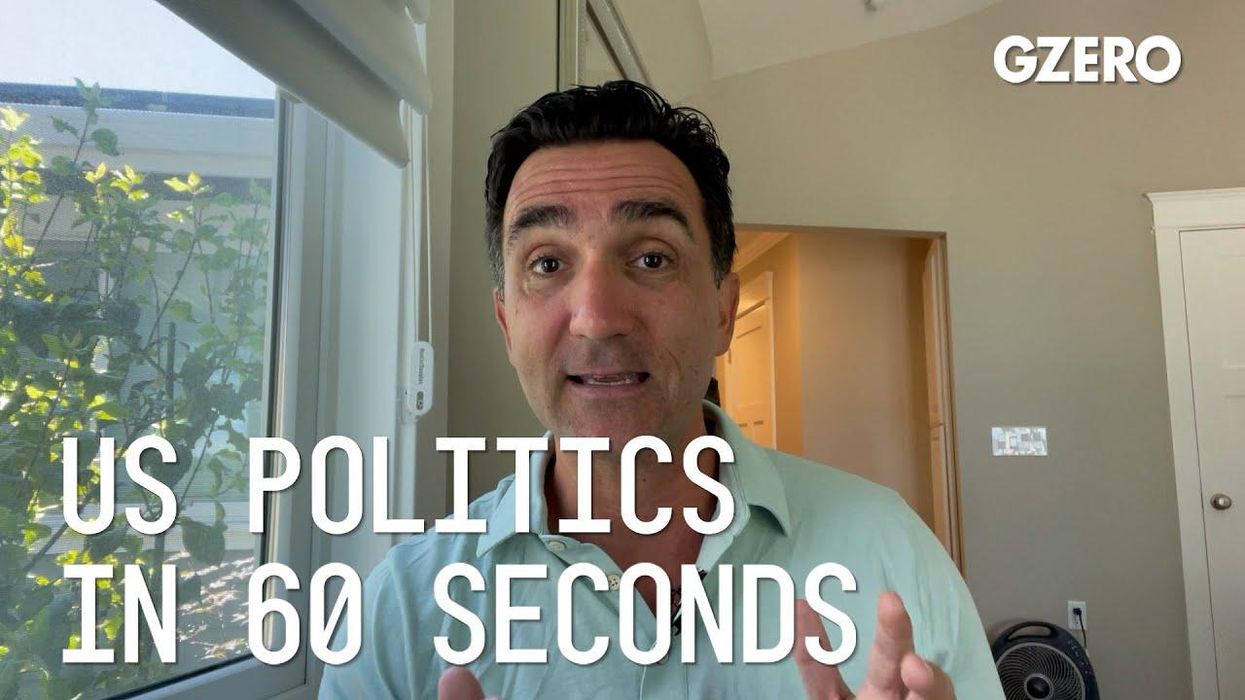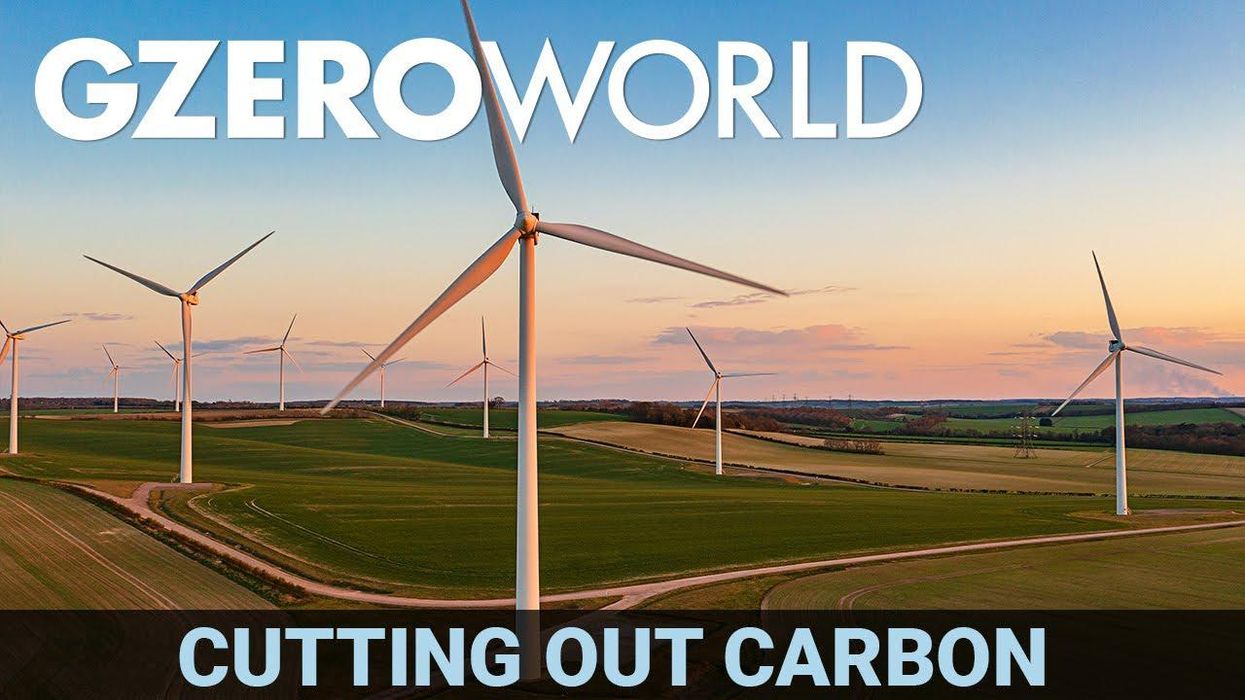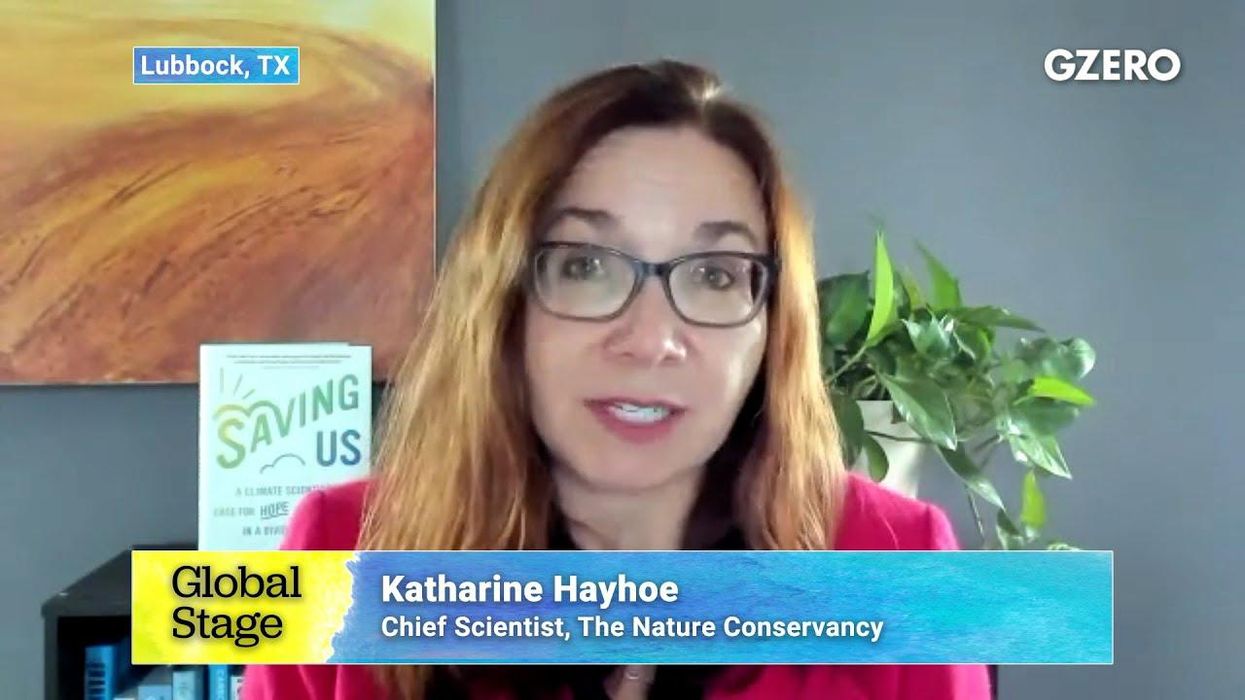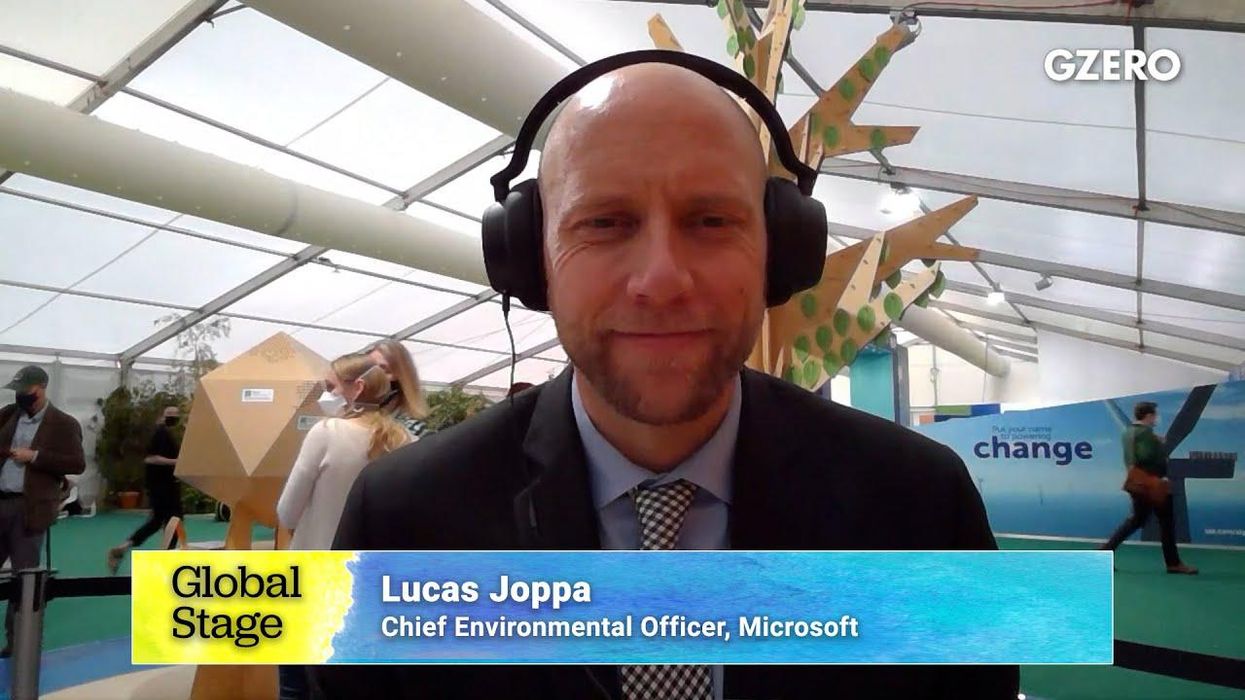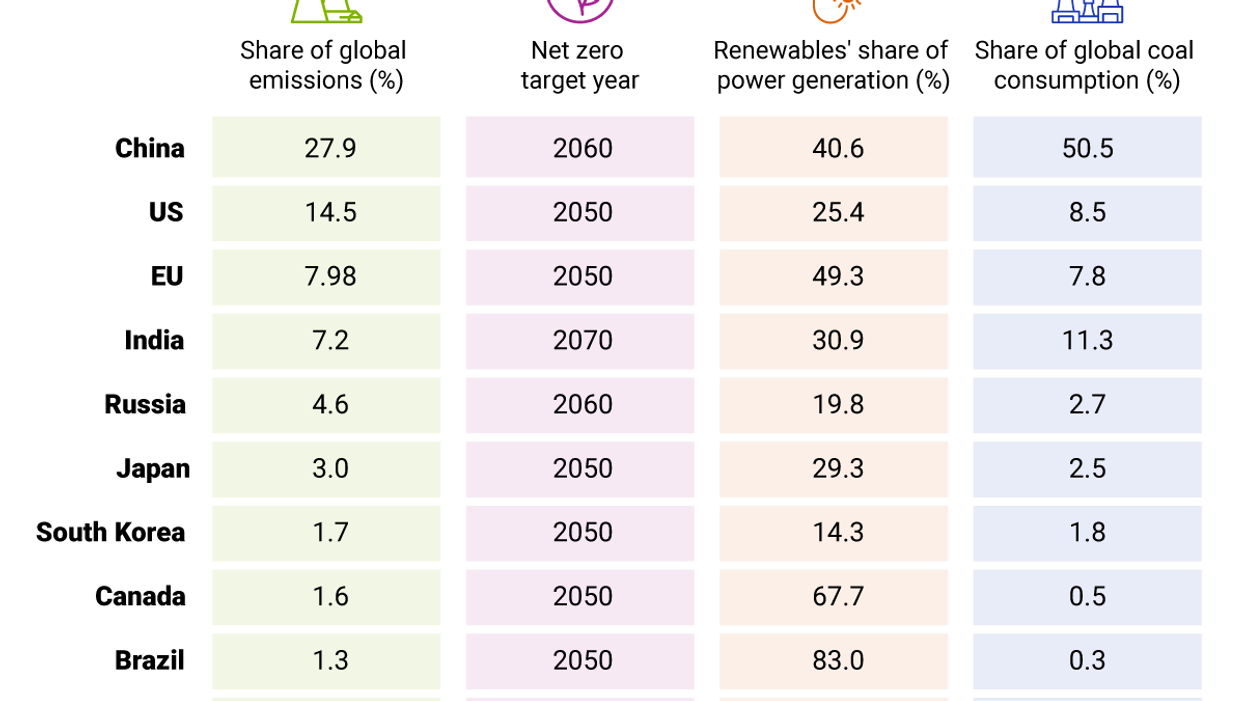GZERO North
Graphic Truth: Carbon in context
The US and Canada are both racing against the clock to lower their greenhouse gas emissions. As the effects of climate change become more apparent and deadly, countries are grappling with how to curb their emissions without curbing economic growth.
May 09, 2024
